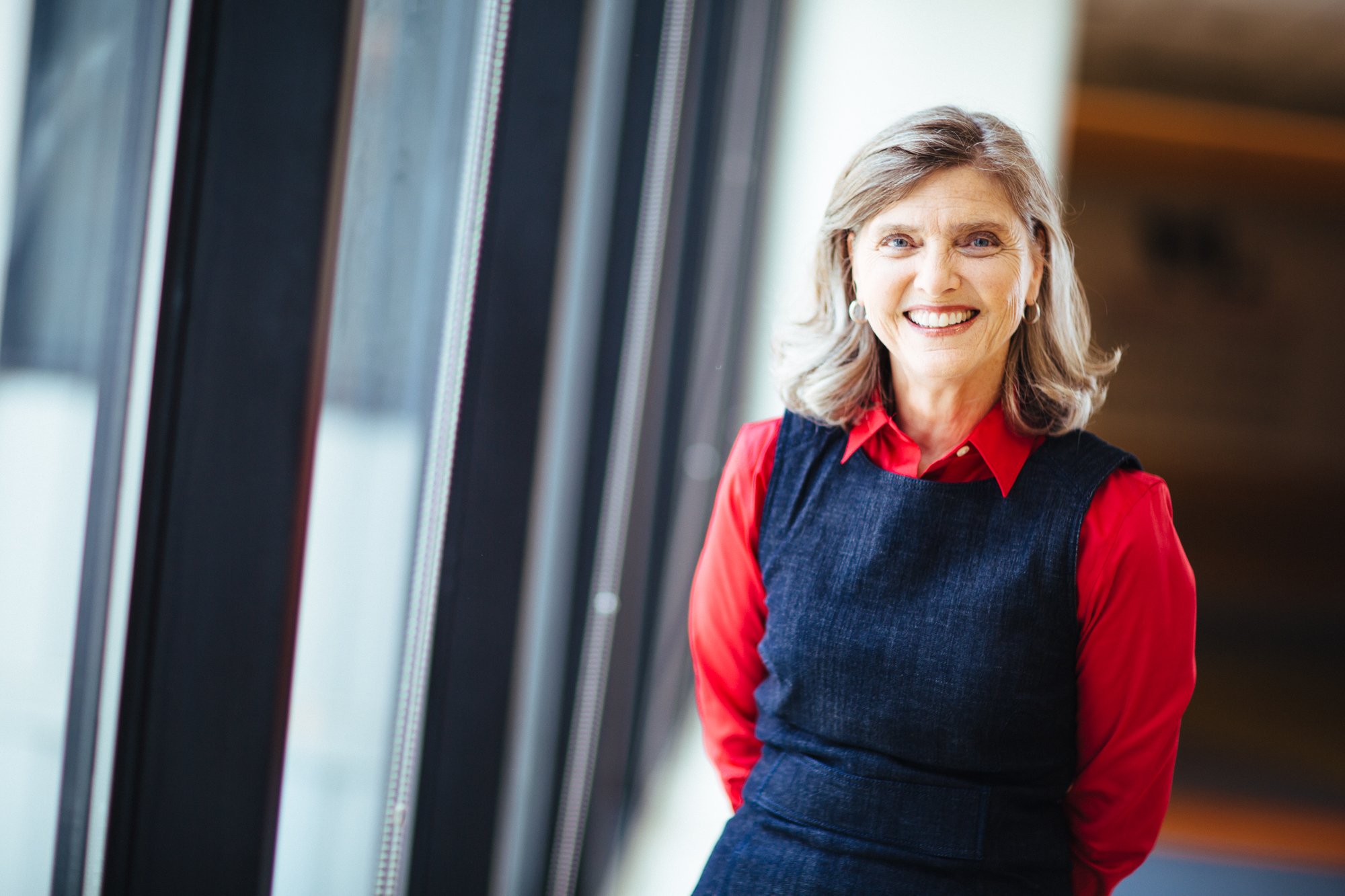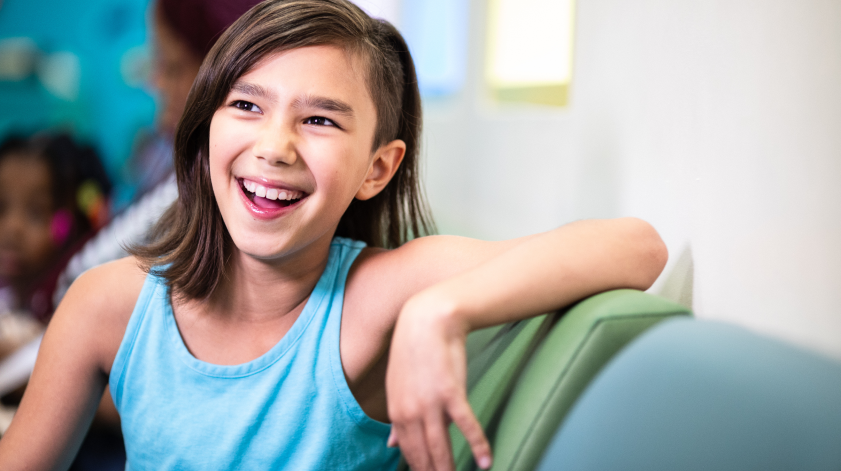
Hope Nurse
By Pamela Hinds, , RN, PhD, FAAN

Like many in healthcare and science, I am a very curious person. As a nurse scientist working in a pediatric intensive care unit, I often was surprised by the resilience of seriously ill and injured patients. As I followed them over time, I asked them to teach me what helped them do so well in regaining their health.
They taught me with their one-word answer, indicating their surprise that I even needed to ask: hope. My initial reaction raised another question. How could we ever influence, titrate or measure the effects of something like hopefulness?
To answer this, our team studied hopefulness in healthy adolescents. We also studied those hospitalized for substance abuse, those admitted to residential programs for emotional illness and patients with life-threatening illnesses such as cancer. We asked each about their hopes and what we could do to support them. Then, we listened.
What they shared led us to better understand how we could improve care instead of simply administering treatment.
The mother of a patient knocked on my office door. "Are you the ‘hope nurse?’” she asked. Her daughter, 15, had terminal cancer and could no longer walk. Sitting next to her in her wheelchair, I asked my question: “Please, would you share with me what you hope for now?”
She lifted her arms as if she were dancing. “I’m hopeful that tonight I will be a ballerina and pirouette across the stage and that you will be in the audience clapping for me,” she replied. Then, she wilted. “That was just a wish,” she said. “Really, my hope is that tonight I won’t have this much pain and that I can sleep.”
Nurses had been asking for her pain score every four hours using the standardized metric. It indicated no pain. Her answer to the hope question taught us that she had profound pain. With her permission, we changed her care immediately. That night she slept well. She passed away three days later.
When doctors and nurses use our research and the hope question in their work, they tell me the result is an even closer relationship with their patients. They find out more about how treatments make their patients feel. Being known as the “hope nurse” makes me feel hopeful. It’s one of the greatest professional honors that I might ever have.
They taught me with their one-word answer, indicating their surprise that I even needed to ask: hope. My initial reaction raised another question. How could we ever influence, titrate or measure the effects of something like hopefulness?
To answer this, our team studied hopefulness in healthy adolescents. We also studied those hospitalized for substance abuse, those admitted to residential programs for emotional illness and patients with life-threatening illnesses such as cancer. We asked each about their hopes and what we could do to support them. Then, we listened.
What they shared led us to better understand how we could improve care instead of simply administering treatment.
The mother of a patient knocked on my office door. "Are you the ‘hope nurse?’” she asked. Her daughter, 15, had terminal cancer and could no longer walk. Sitting next to her in her wheelchair, I asked my question: “Please, would you share with me what you hope for now?”
She lifted her arms as if she were dancing. “I’m hopeful that tonight I will be a ballerina and pirouette across the stage and that you will be in the audience clapping for me,” she replied. Then, she wilted. “That was just a wish,” she said. “Really, my hope is that tonight I won’t have this much pain and that I can sleep.”
Nurses had been asking for her pain score every four hours using the standardized metric. It indicated no pain. Her answer to the hope question taught us that she had profound pain. With her permission, we changed her care immediately. That night she slept well. She passed away three days later.
When doctors and nurses use our research and the hope question in their work, they tell me the result is an even closer relationship with their patients. They find out more about how treatments make their patients feel. Being known as the “hope nurse” makes me feel hopeful. It’s one of the greatest professional honors that I might ever have.


Be the Reason a Child Smiles
Every day at Children’s National Hospital, lives are changed through compassionate care and groundbreaking discoveries. Your charitable donation helps us deliver expert treatment and hope to thousands of children and families.
Meet the patients whose stories inspire us—and see the difference your support makes.



